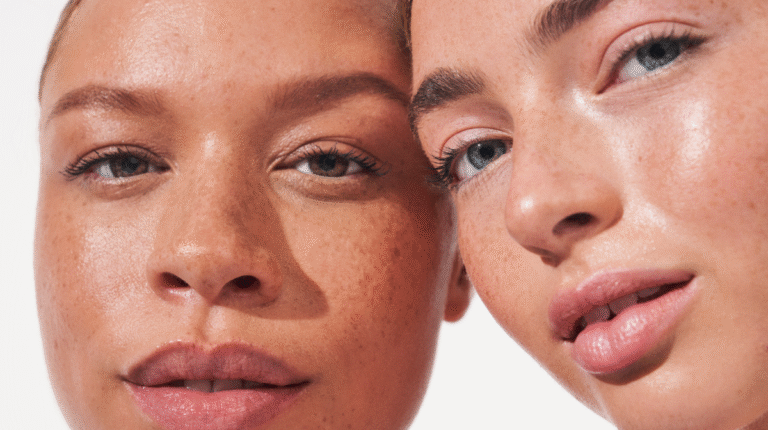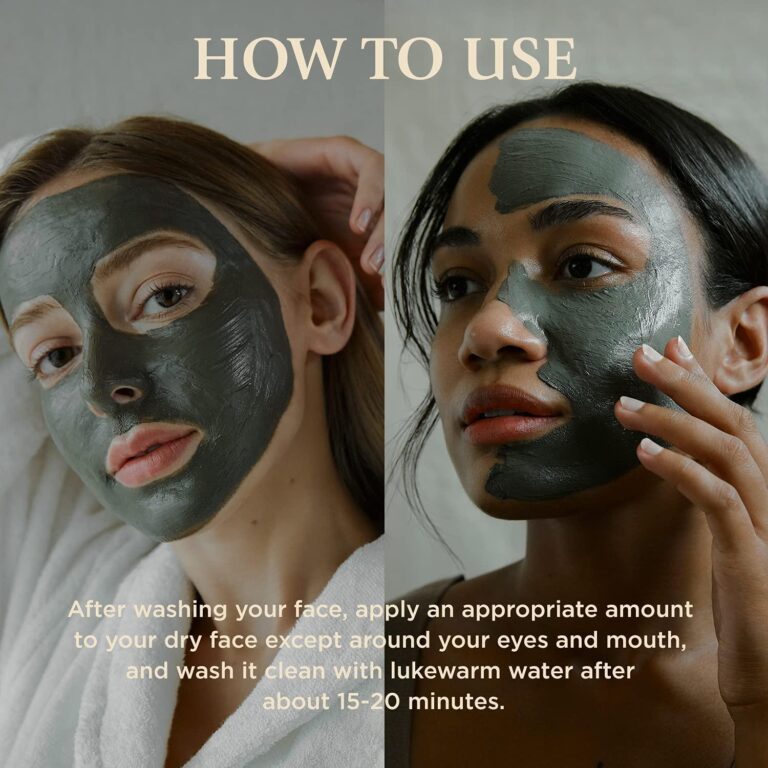
For many people struggling with acne, summer holidays can feel like a blessing for their skin. After a few days in the sun, breakouts seem calmer, redness fades, and a golden tan masks imperfections. But fast forward a couple of weeks after returning home, and the situation often takes a turn for the worse. This is what dermatologists call the “rebound effect.”
Why does acne improve in the sun?
At first, the sun really seems to help:
UV rays dry out pimples and temporarily reduce oil (sebum) production.
Anti-inflammatory effects calm red, swollen spots.
A tan evens out skin tone, making blemishes less visible.
No wonder so many acne-prone people say their skin looks clearer during summer.
What is the rebound effect?
Unfortunately, this improvement is short-lived. Here’s what happens after prolonged sun exposure:
The outer layer of skin thickens, which blocks pores and traps impurities.
The skin, dehydrated by the sun, produces more sebum to protect itself.
As a result, breakouts return—often more intense than before. This flare-up usually appears 2 to 4 weeks after vacation
How to prevent it?
The good news: you don’t have to give up summer fun to avoid post-holiday acne. A few smart habits make all the difference:
✅ Choose the right sunscreen: opt for oil-free, non-comedogenic formulas designed for acne-prone skin.
✅ Hydrate daily: lightweight moisturizers prevent the skin from overproducing oil.
✅ Stick to your treatment plan: don’t abandon your dermatologist’s advice during summer (unless certain products are photosensitive).
✅ Cleanse gently morning and evening to remove sweat, sunscreen, and impurities—without over-scrubbing.
Bottom line
The sun may make acne appear better in the short term, but it’s often a trap. Protecting and caring for your skin while enjoying sunny days is the best way to prevent the dreaded rebound effect—and to return from vacation with a glow that lasts.







